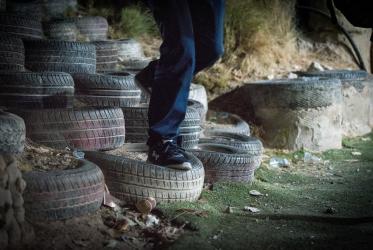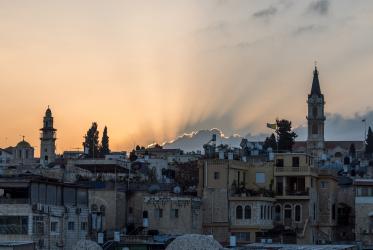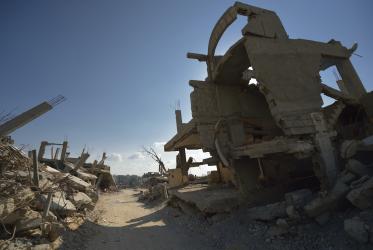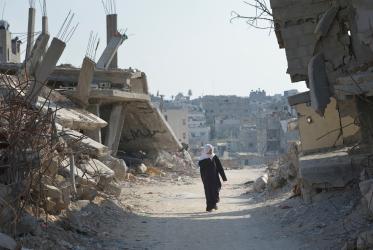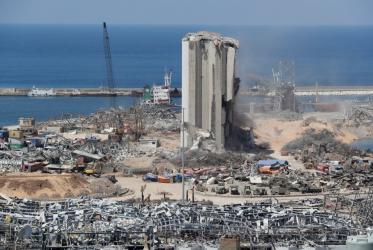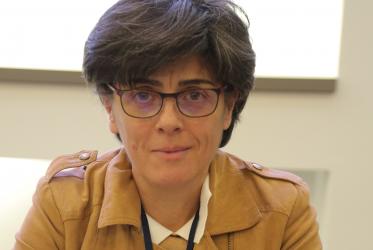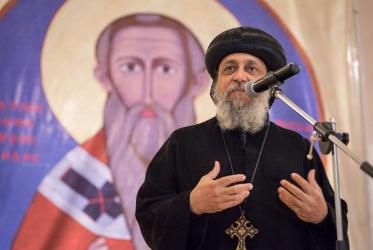Displaying 1 - 20 of 31
Iniciativa de Pascua 2024
01 March - 05 May 2024
Easter Initiative 2024
01 March - 05 May 2024
El CMI pide el fin inmediato de la violencia brutal en Gaza
30 December 2023
WCC calls for immediate end to brutal violence in Gaza
30 December 2023
WCC calls for an end to violence in West Bank
23 February 2023
In Lebanon, “without peace there is no justice”
21 July 2021
Hope prevails in times of crisis in Lebanon
14 September 2020
Dr Saïd Ailabouni: God is on the side of rejected, oppressed, occupied
12 September 2019
Das Kreuz ohne Furcht tragen
12 April 2017
